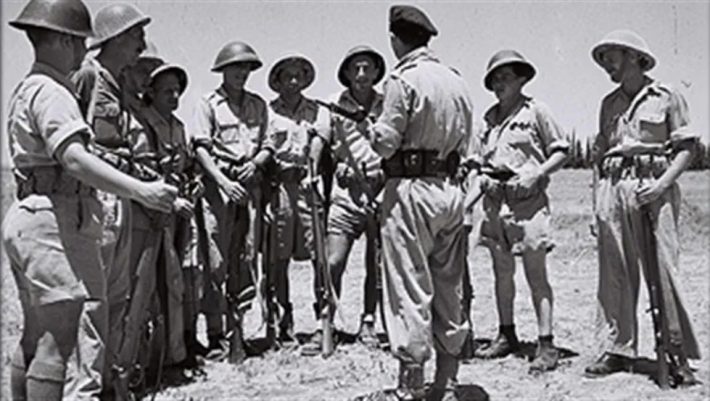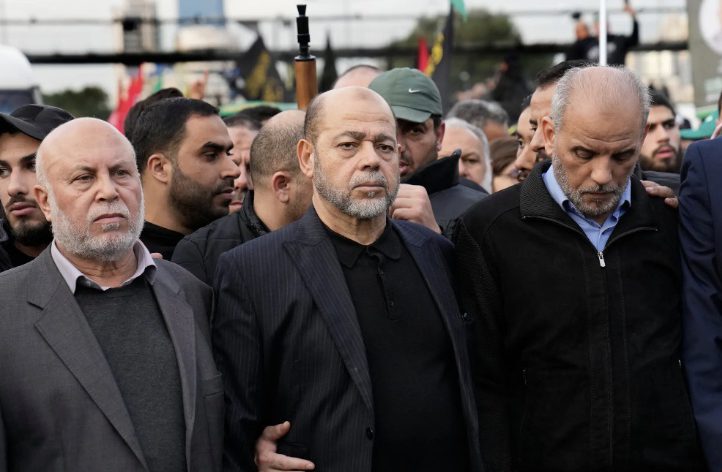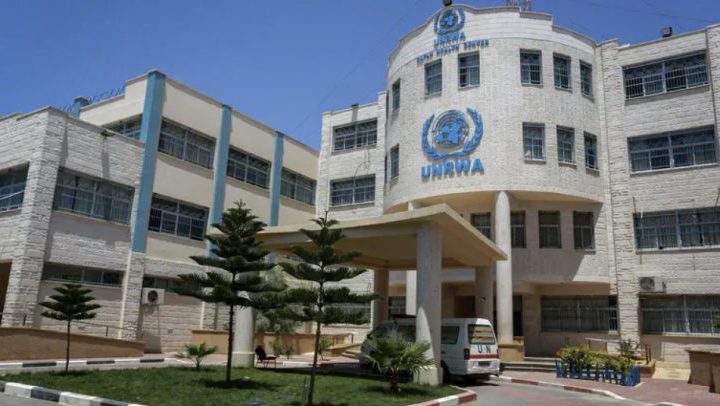Max Brod wrote about Tel Aviv during Israel’s War of Independence. His work and his message are strikingly similar for Israel today. Op-ed.
Jan Kapusnak is a political scientist focusing on Middle Eastern issues and a licensed tour guide in Israel.
(JNS) “Only a very few people sat at the Cafe Shalva in the cruel humidity of one of those soaking … evenings in Tel Aviv.”
“These people were evidently such as had no safe ‘miklat,’ or bomb shelter, at home. The cafe emphasized, even in its advertisements, that it possessed and placed at the disposal of its guests an excellent 100% ‘miklat.’”
“During the first week of the war, moreover, there had been frequent attacks by night, and the damage done by bombs had hitherto been confined to top-story buildings. Later, we were told, to be sure, that apartments on lower stories had also been menaced by splinters and by air pressure.”
Last week? Sunday? In the moments after Tel Aviv was rocked by another wave of rocket fire from Yemen? From Iran? From Lebanon?
No. These lines come from Unambo, a novel written in 1948 by Max Brod, Franz Kafka’s close friend and biographer. In it, Brod captures Tel Aviv during Israel’s War of Independence, under the shadow of nightly Egyptian Spitfire raids. His portrayal of the city—anxious, resilient, suspended between normalcy and fear—feels hauntingly familiar.
Brod had fled Nazi-occupied Prague in 1939 and made aliyah to what was then the British Mandate of Palestine. Tragically, not all of his family escaped; many were murdered in Nazi death camps, alongside millions of others. That trauma, both personal and collective, haunts his work.
He lived in Tel Aviv through the 1948 war, endured the air raids, and captured in literary form what it meant to live in a Jewish city once again under existential threat, this time not in Europe, but in the Middle East, only years after the Holocaust.
His words carry the weight of a terrible continuity: from the gas chambers of Europe to the air-raid sirens of Tel Aviv. And the cafes he describes, where life stubbornly continues, were often filled with survivors, people who had already lived through one annihilation and now braced for another.
And what is most chilling is not how different Brod’s world was, but how similar.
In 2025, Tel Aviv once again was under existential threat. The sirens returned, but this time they warned of ballistic missiles launched by genocidal regimes in Iran and Yemen. The names of the enemies have changed, but their intent has not.
It’s easy to talk about the Iron Dome, missile ranges, shelter infrastructure and the precision of retaliatory strikes. But what’s harder to measure is the emotional toll of living under constant threat.
In 1948, Tel Aviv and its residents were fighting for survival. The State of Israel had just been declared. The city was young, its defenses fragile. And yet, the psychological reality was already paralyzing; fear of death from above, anxiety at every wailing siren, the knowledge that your home—your private, intimate space—might be reduced to rubble in an instant.
In 2025, the missiles are faster and smarter, and the enemies more dispersed, but the emotional landscape has barely shifted.
What does it mean to live your life half-waiting to die? What happens to a mother who has 60 seconds to scoop up her toddler and rush to the shelter at 3 a.m. night after night? What does it do to a child when their bedroom is no longer a sanctuary, but a potential blast zone?
These are not isolated moments. They accumulate. They form sediment. They shape identities. The war settles into the body, into the nervous system. The body learns to flinch before the mind can even process what’s happening. The adrenaline doesn’t always turn off when the siren does.
And yet, the cafes reopen. The beaches fill. The laughter returns because the alternative—giving in to fear—is unbearable. Routine, the mundane, the everyday, is reclaimed as sacred. In an atmosphere where safety is uncertain and nights are interrupted by thunder not of storms but of rockets, choosing to live fully is its own quiet kind of courage and defiance.
The Tel Aviv of 2025 is a vibrant, cosmopolitan city pulsing with creativity, youth, startups, beaches and deep-rooted defiance. It is a city that believes in life fiercely, sometimes recklessly. And yet, Tel Aviv is also a target. Not for what it does, but for what it is: A symbol of the Jewish people flourishing in their homeland.
To Iran and its proxies—Hamas, Hezbollah, the Houthis—Tel Aviv is not just a city. It is an idea to be extinguished. It is the beating secular heart of a modern Jewish state. So, the missiles rain down.
They targeted hospitals. Schools. Apartment buildings. Cultural centers. Because this is not just war; this is psychological warfare. It is designed to wear people down, to make them numb, to break the soul before the body.
Max Brod understood this, too. He wasn’t writing just about war. He was writing about how war reshapes the human interior.
Brod wasn’t a soldier. He was a man of letters, a witness. But like every civilian in Tel Aviv in 1948, he knew that history doesn’t ask if you’re a poet, a general or a Holocaust survivor. It simply puts you in its path.
In Unambo, we see the people of Tel Aviv not as heroes or victims, but as fragile beings caught in a storm, trying to maintain dignity and routine while the foundations of their lives shake. That same wind blows again in 2025.
Brod is buried in Trumpeldor Cemetery in Tel Aviv, not far from where some of the rockets struck this month. Above his grave, the same skies roar with sirens and fire. The names of the enemy may have changed, but the fundamental question has not: How do you hold on to your humanity when you are being hunted not as an individual, but as a collective?
There are differences, of course. Today’s Tel Aviv is better prepared. Many homes have shelters. Sirens and apps give civilians precious seconds. Israel’s layered defense system—Iron Dome, David’s Sling, Arrow—is the most advanced of its kind in the world.
The recent Israeli operation against Iran’s nuclear and missile infrastructure, a surgical strike coordinated by the Israel Defense Forces and Mossad, was lauded as “the most precise pre-emptive action in the Middle East in decades.”
But the human cost remains.
In recent days, Tel Aviv once again saw its skyline pierced by missiles. Glass towers shuddered under impact. Sirens screamed through the night. The line between home and battlefield blurred. And through it all, people kept going. They grieve, yes, but they did not surrender. That is not the Israeli way. The Jewish way.
There is a strange beauty in this kind of perseverance. A tragic defiance. Life is lived here, not in spite of the war but defiantly within it. As if to say: You may strike us, but you will never erase us.
The people of Tel Aviv carry two calendars: one for the secular year and one for the days between sirens. They speak two languages: one for ordinary life and one for emergencies. They carry two hearts: one full of dreams and the other armored by necessity.
Max Brod captured this duality in 1948. And somehow, across decades and rubble, he is still speaking to us. And he says: We are still here.
Ed. note: Max Brod describes Tel Aviv.An old friend of mine was a child living in Jerusalem in 1948 and remembers the real fear of being obliterated so soon after the Holocaust. Jerusalem was under siege and almost defenseless, with no sirens, shelters, weapons and food, with civilians killed by snipers, all of which Amos Oz describes vividly in his book A Tale of Love and Darkness. In contrast, she said, despite the tragedies when missiles scored direct hits, the home front had it much easier during Operation Rising Lion, although the enemy’s goal is the same.





